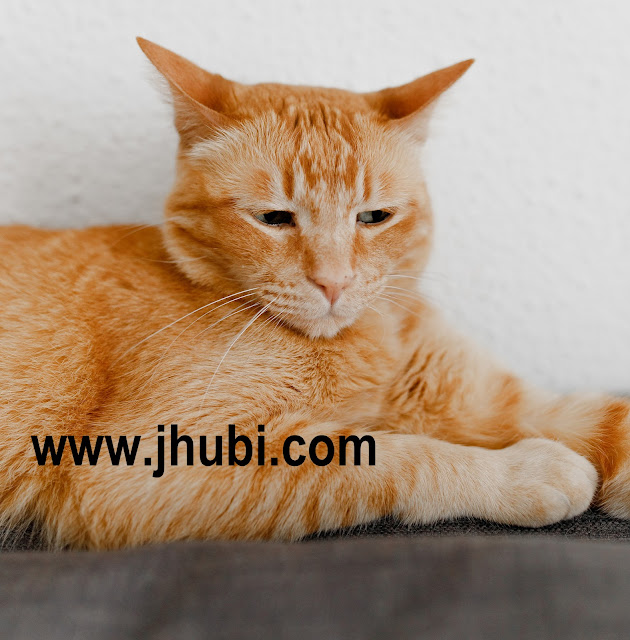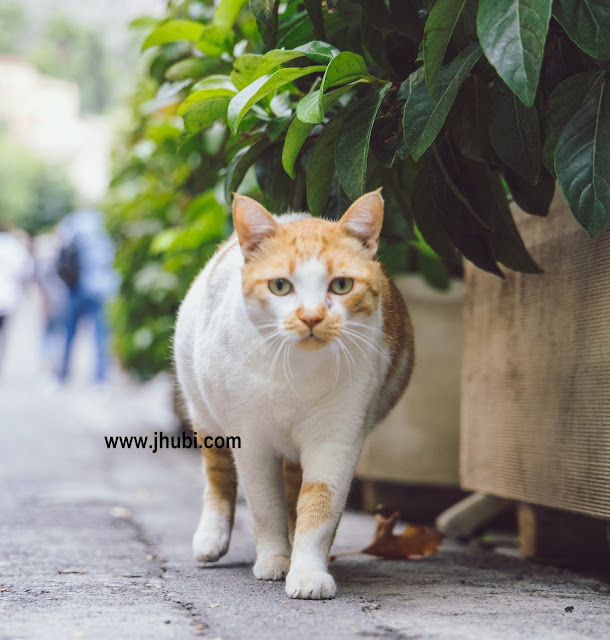The Importance of Addressing Underweight Pets
The majority of available resources on maintaining healthy pet weights focus on preventing weight gain and obesity in animals. However, it is equally important to address the issue of underweight pets. This article aims to provide insights into recognizing underweight conditions in pets, the potential causes, and responsible methods to help them gain weight in a healthy manner.
1. What are the causes of underweight in pets?
Underweight in pets can stem from various factors, including a picky eating behavior, stress or anxiety triggered by specific events, underlying illnesses or injuries causing loss of appetite, parasitic infections hindering nutrient absorption, inadequate exercise or excessive activity, age-related changes in activity levels and appetite, and potential malnutrition despite consuming regular meals.
2. What are the health risks associated with being underweight?
Being underweight poses risks to pets, much like being overweight does. Lean pets may experience muscle tissue breakdown to meet essential protein requirements, resulting in reduced energy, strength, and an increased risk of injuries or accidents. Vital organs may not receive sufficient nutrients, leading to compromised functionality, and underweight pets tend to have weaker immune systems, making them more susceptible to diseases.
3. How can you recognize underweight pets?
Recognizing underweight pets can be challenging, especially in those with dense fur. Visible ribs, hips, and spine, along with reduced muscle mass and body fat, are common signs of being underweight. Additionally, underweight pets may display lower energy levels, appear depressed, and have dull and dry coats.
4. What signs indicate that a pet may be underweight?
To help a pet regain weight, it is crucial to first identify the underlying cause of weight loss. Sudden weight loss might signal underlying health issues, requiring a veterinarian's evaluation and diagnosis.
5. What are some behavioral and physical indicators of underweight pets?
Feeding a lean pet more food alone is not a responsible approach to address underweight concerns. Instead, choose high-quality food with a high content of fats and proteins, while avoiding excessive carbohydrates. Grains and potatoes should be minimized, as they offer fewer nutrients and may lead to digestive problems. Riverwood foods, such as the Reindeer, Deer & Wild Boar variant for dogs and Duck, Reindeer & Wild Boar variant for cats, contain balanced and high-quality proteins and fats, ideal for pets needing extra energy.
6. Why is it important to identify underlying issues in underweight pets?
For picky eaters, consider mixing the pet's regular food with a small amount of high-quality wet food or using supplements like Riverwood Norwegian Salmon Oil, which not only improves taste but also supports the skin and coat health due to its rich omega-3 content.
7.Why is a veterinary evaluation important in identifying underlying health problems in underweight pets?
Dividing the pet's meals into smaller portions and spreading them throughout the day helps with better digestion and energy absorption. Providing responsible and healthy snacks in addition to regular meals can also aid in weight gain. Exercise is beneficial for lean pets as it helps build muscle mass and increases appetite, but it should be introduced gradually to avoid injuries.
8.What are the guidelines for feeding underweight pets to ensure healthy weight gain?
Monitoring the pet's weight through regular weigh-ins and maintaining a food diary can help track progress and adjust the feeding strategy accordingly.
9. How can you select appropriate food with high fats and proteins while minimizing carbohydrates for underweight pets?
Ultimately, with these responsible tips, you can work towards ensuring your beloved pet regains a healthy weight. For further assistance in choosing the right Riverwood food variant for your pet, you can take a brief questionnaire about your dog or cat and order a sample pack.
"However, it is equally important to address the issue of underweight pets. This article aims to provide insights into recognizing underweight conditions in pets, the potential causes, and responsible methods to help them gain weight in a healthy manner."





0 Comments